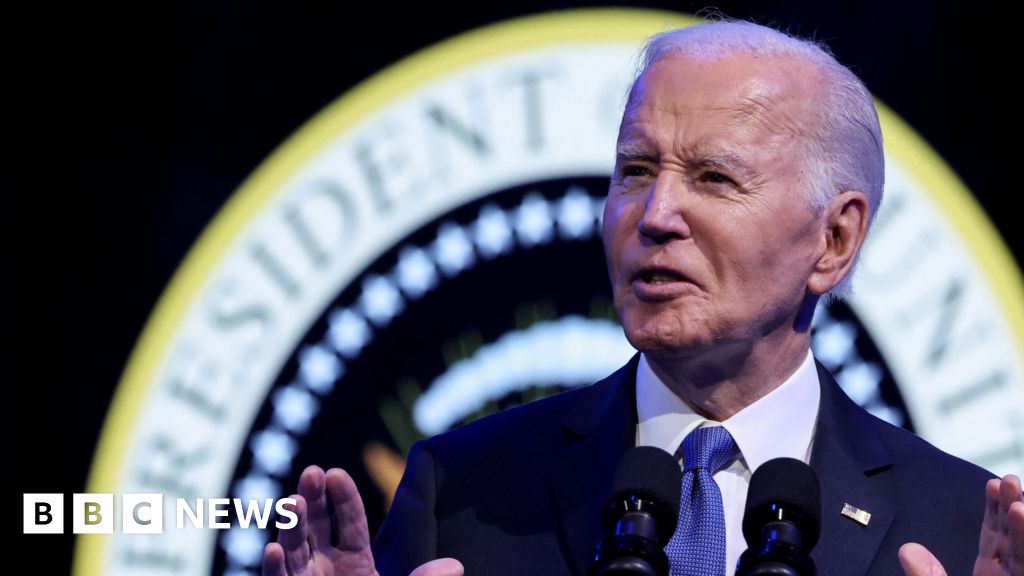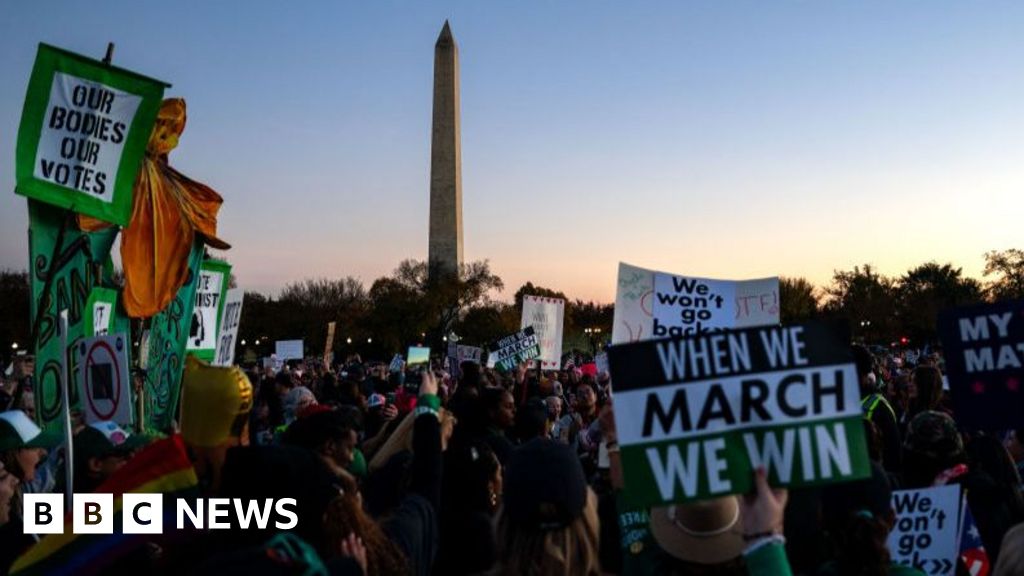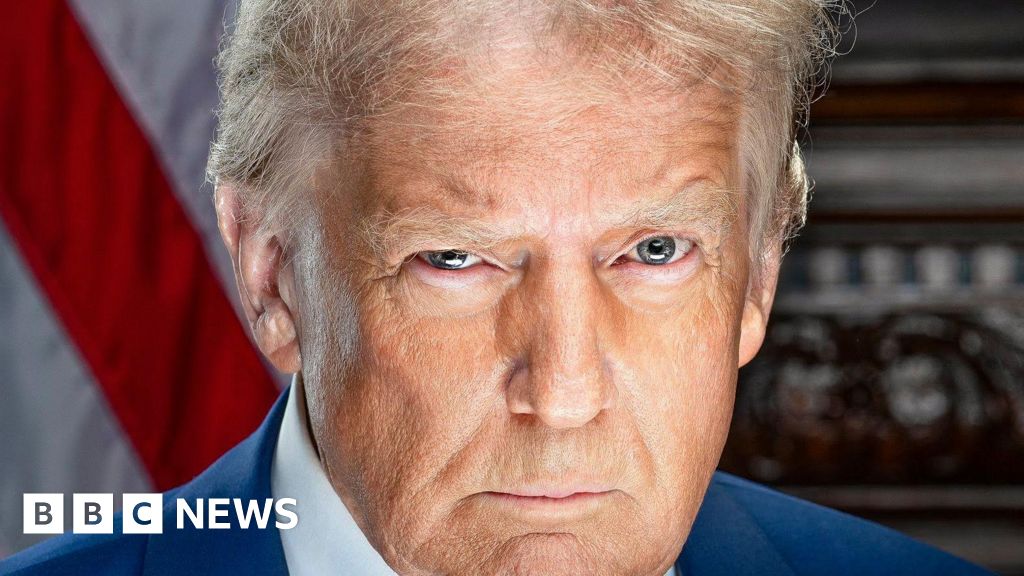ARTICLE AD BOX
Canada will reach the benchmark that requires Nato countries to spend at least 2% of their GDP on the military by 2032, Prime Minister Justin Trudeau has said.
Speaking at the Nato summit in Washington DC, Mr Trudeau also hit back at those using a "crude mathematical calculation" to criticise an ally that "continually punches above its weight".
As the military alliance marks its 75th anniversary, pressure has been mounting for members to meet the spending target set out by its doctrine.
Canada currently spends 1.34% of its GDP on its military.
The Nato founding member places seventh overall among 32 nations in the amount of money it spends on defence.
But using the 2% metric, America's northern neighbour is ahead of only Slovenia, Turkey, Spain, Belgium and Luxembourg in the 32-member alliance.
By contrast, the UK spends just over 2% of its GDP on its military, while the US spends nearly 3.5%.
Frustration with Canada was made clear in a letter sent in May to Mr Trudeau by 23 bipartisan US senators, who urged the country to immediately develop a plan to increase its spending.
Some US lawmakers have more bluntly criticised Canada over its Nato benchmark shortfall.
“They have the safety and security of being on our border and not having to worry about that. I think that’s shameful," Republican US House Speaker Mike Johnson said this week.
"I think if you’re going to be a member nation and participant, you need to do your part.”
Mr Trudeau spoke to reporters at the close of the annual summit on Thursday.
"Since 2015, we've added C$175bn in defence spending," he said.
"Canada fully expects to reach Nato's 2% of GDP spending target by 2032."
He added that the government has "built in a regular cycle of review in Canada's defence, including a new defence policy update in 2028".
"Through that process, we will continue to explore opportunities that will further increase defence spending and advance Canada's strategic interests," he said.
The Nato alliance finds itself at a critical moment, as member nations grapple with a more aggressive Russia that continues to wage war in Ukraine.
European allies are also concerned about the possibility of a second Donald Trump presidency and the dramatic foreign policy shifts that would come with it.

 6 months ago
24
6 months ago
24








 English (US) ·
English (US) ·